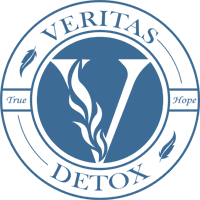Addiction is a complex issue that cannot be solved in one day. It is a chronic disease that requires long-term treatment. Relapse happens to be an inevitable part of recovering from an addiction.
Even when you are taking your medication and going to therapy, it is likely that you will relapse at some point in your recovery. However, relapse doesn’t mean the end of the road. It merely means that you need to get back on track with your treatment plan and work through the trigger or urge once again.
What is a Relapse?
A relapse is an act of returning to an undesirable behavior after a period of abstinence. It can be done for many reasons, such as stress, depression, boredom, or just plain curiosity. If the person decides to stop their addiction and then goes back to it again, it is called a drug relapse.
Keep in mind that while some people might only experience a single relapse in their lifetime, others might experience it more than once in their lifetime. The time between relapses can vary from person to person, and there is no way to know how long it will take for a person’s second or third relapse.
It really all depends on how serious the addiction is and how strong they are able to fight it off. Addiction recovery is not always easy. There are relapses and setbacks that can lead to feelings of failure and discouragement. To prevent these occurrences, the addict needs to have a recovery plan in place with a variety of tools and resources available for use.
What are the Main Causes of Relapse?
Relapse is a common occurrence in addiction recovery, and it is also a part of the process. It is not uncommon for people to relapse or return back to their old habits. This happens because people are human, and they are not perfect.
It is important for individuals in recovery as well as their loved ones to understand the triggers that lead them back into difficult situations.
The causes of relapse can be complex and there are multiple factors that contribute to it. However, there are some common triggers like:
- Stress, anxiety, depression
- Past trauma
- Unhealthy coping skills
- No support system at home
These common triggers can often lead to relapse or an increase in substance abuse behavior after treatment ends. Preventing relapses is key to successful recovery.
How to Prevent a Relapse with Rehab
There are a lot of ways to prevent relapse. One of these is to make sure you have a support system and an accountability partner. This can be your doctor, therapist, coach, or sponsors.
Rehabilitation is not the cure-all for addiction but it does help in recovering from addiction. It helps in giving people the tools, skills, and resources to live a life free from addiction.
There are many different types of rehabilitation programs and each one has its own set of pros and cons. Some programs focus on group therapy while others focus on individual therapy. Some are residential while others are outpatient or day-treatment programs.
To prevent relapses, you need Veritas Detox on your side. Veritas Detox is one of the best rehab centers in California. Our rehab center has a friendly staff and an amazing environment. You’ll even find that our facility has been designed to provide the best care possible without sacrificing individual privacy and comfort.
We have complete faith in you and your recovery journey. We’re here to help you stay strong in moments of weakness.
Contact us today to learn more about how we can help with relapsing! One of our admissions counselors can’t wait to hear from you.





